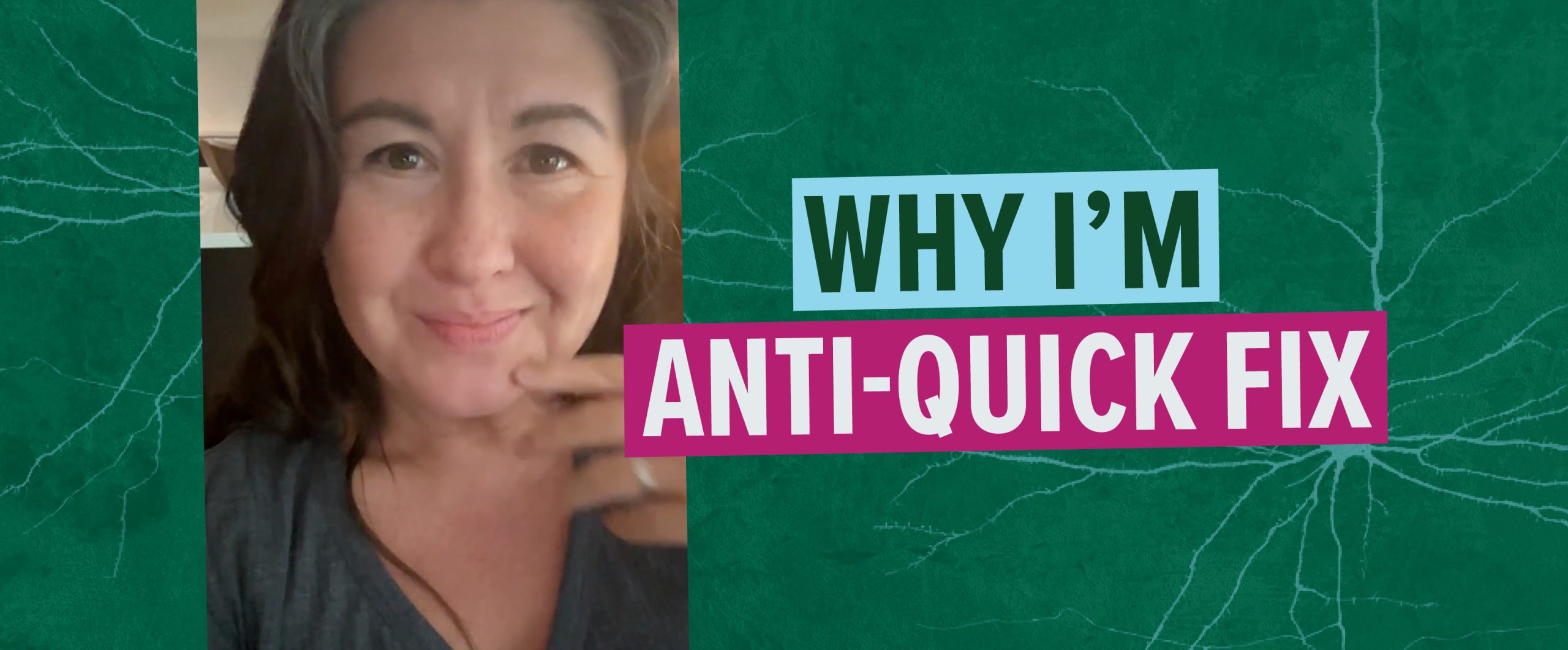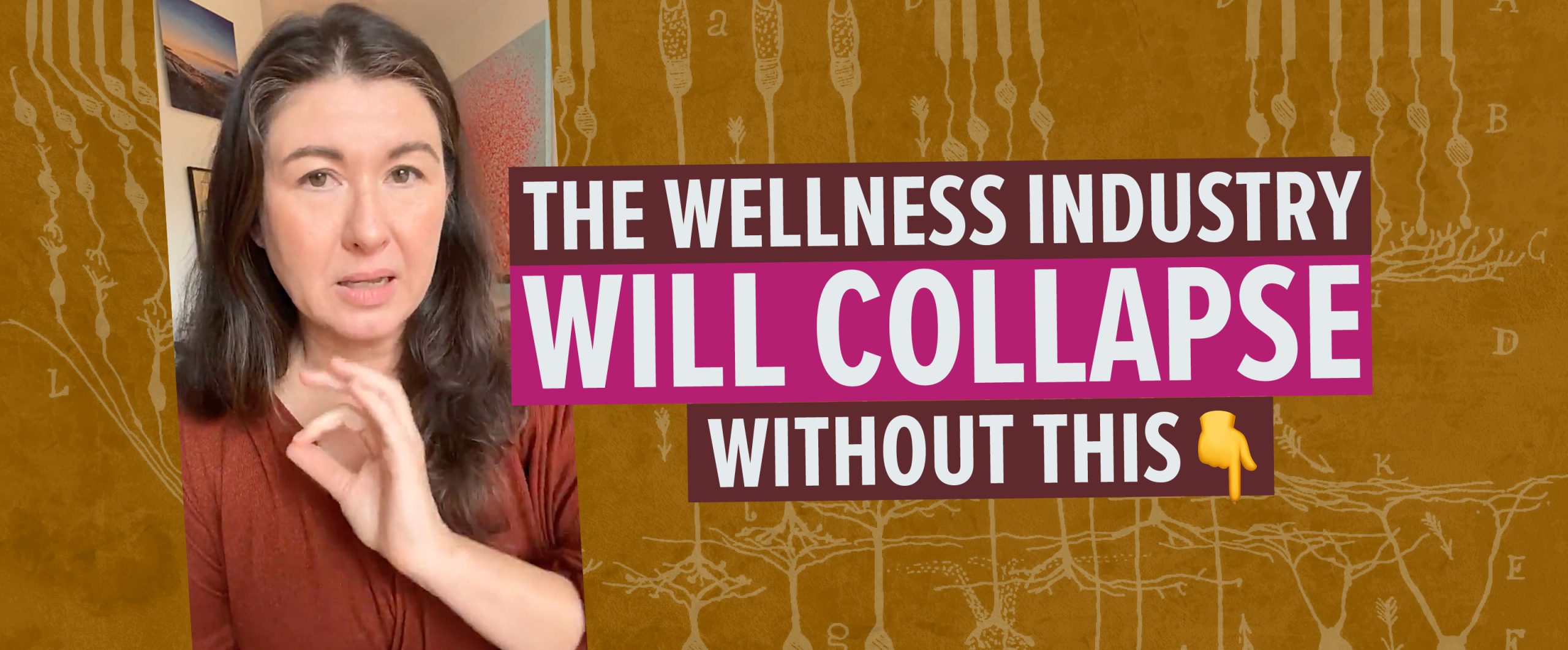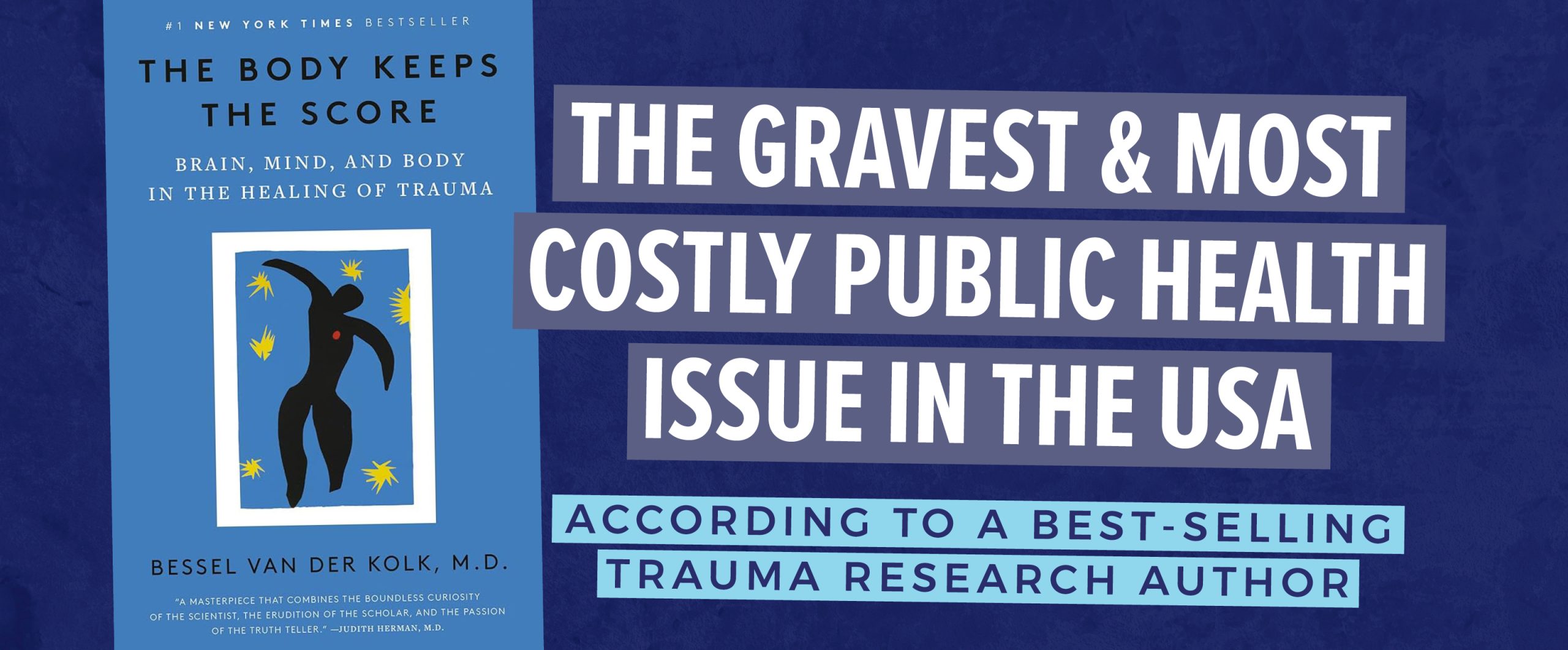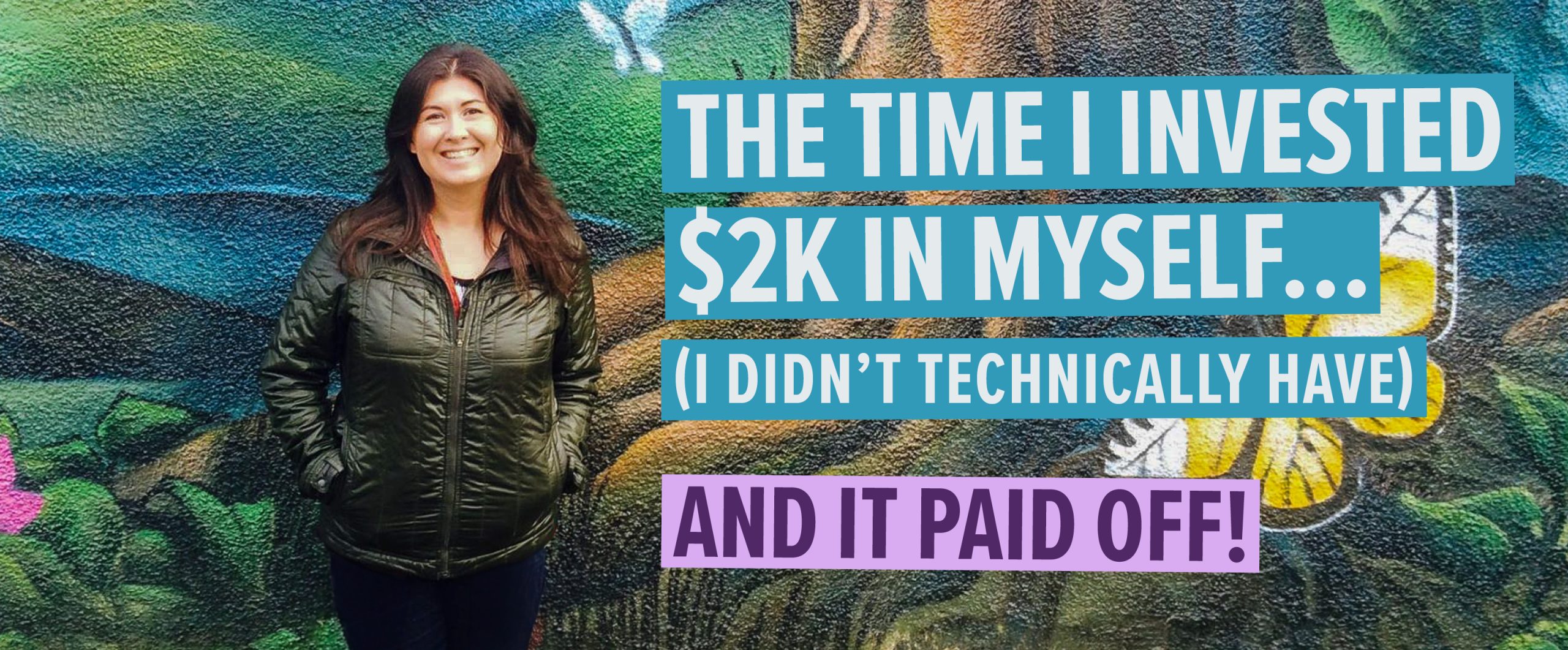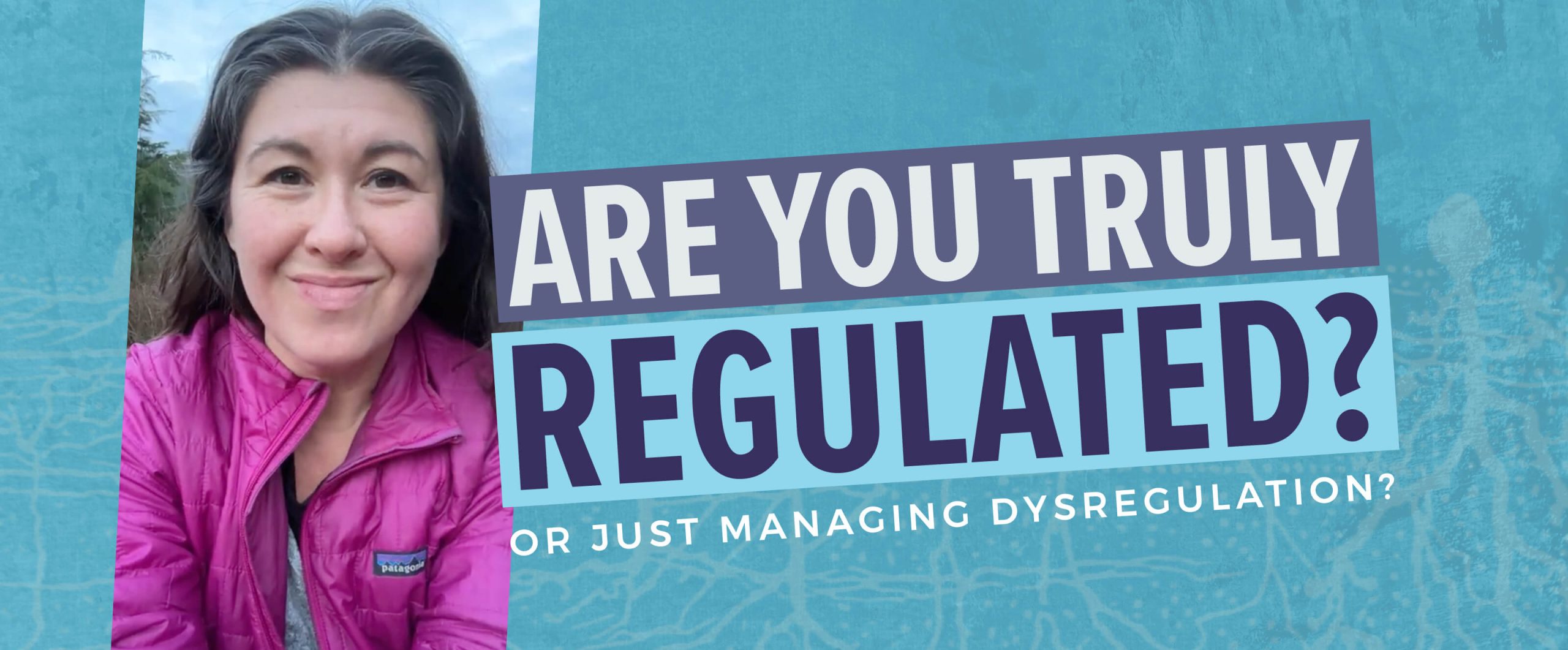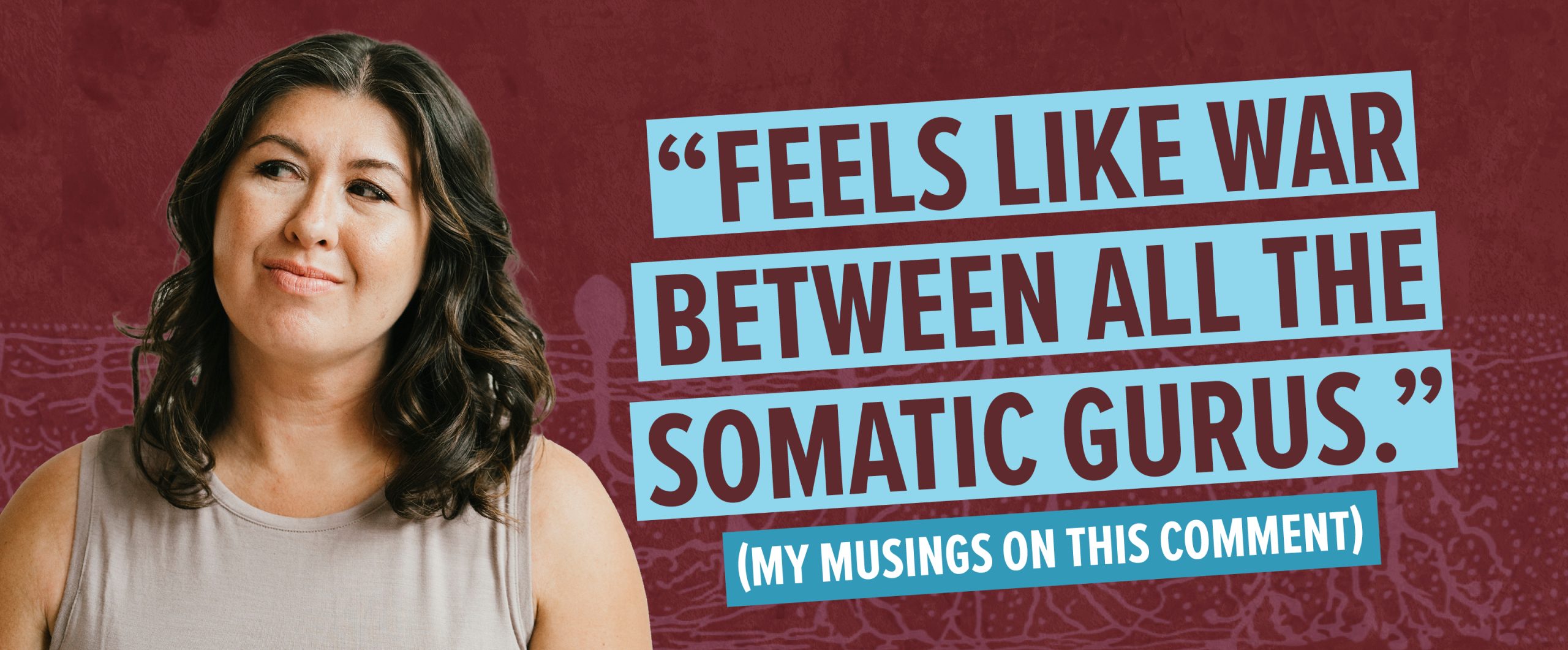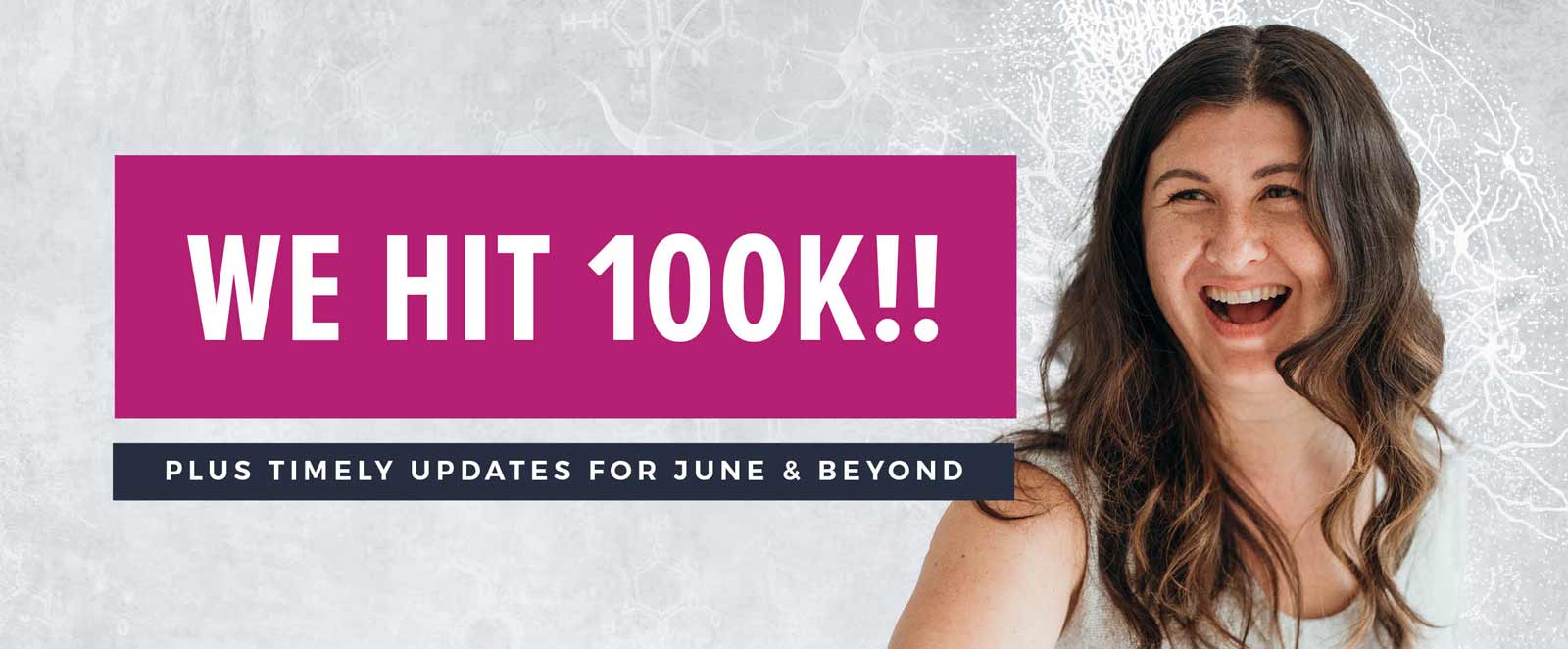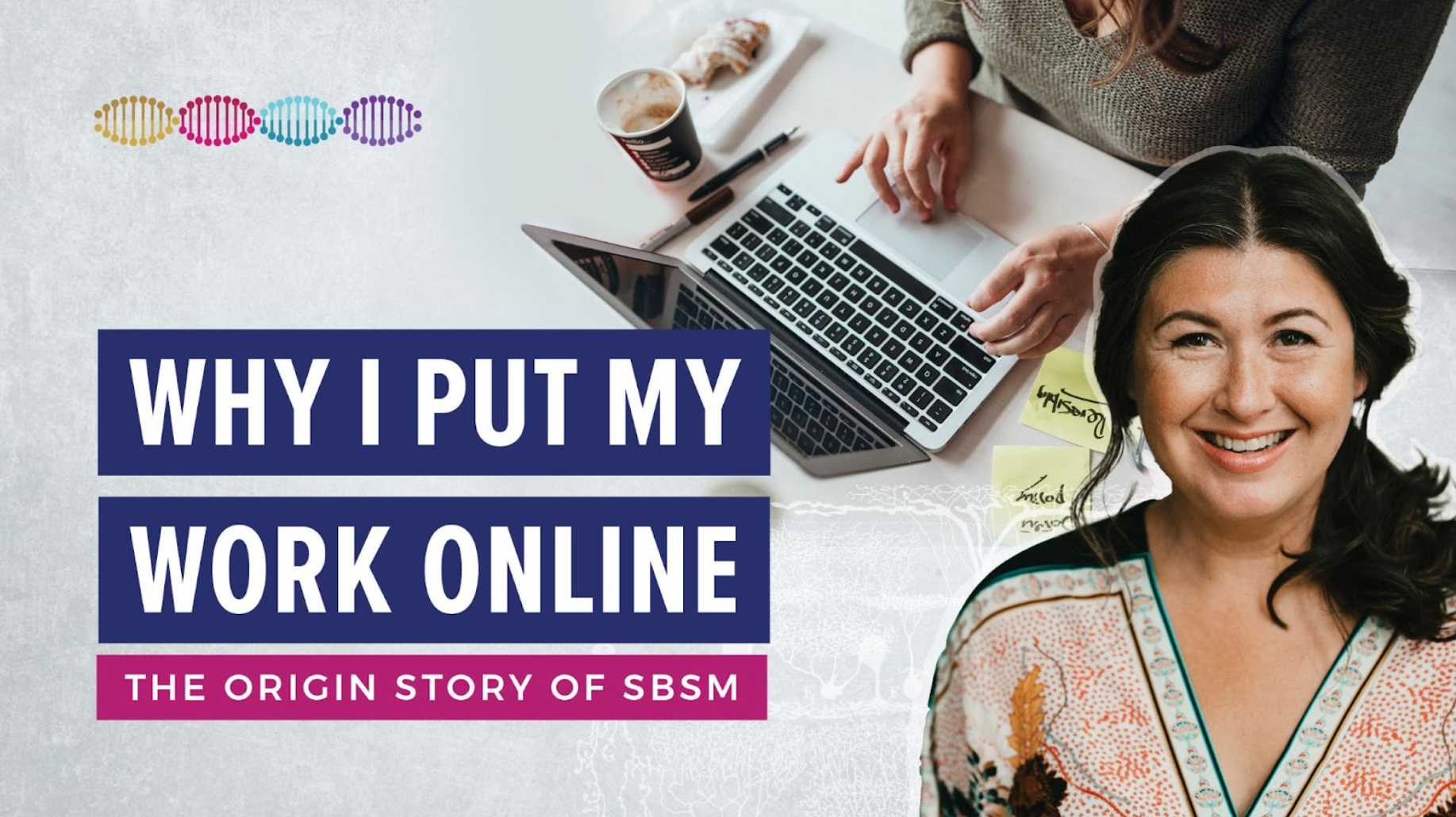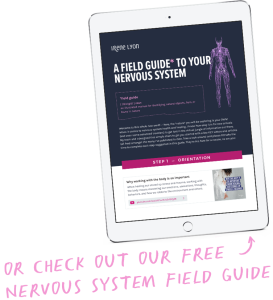This post is more like a mini e-book. Please don’t be scared. Many words, but trust me, it could potentially lead you to many more words in the form of books. Yes books. Remember books? Do you still read books? This post is a compilation of books, mostly non-fiction with the exception of one (from Mary Shelley). These have been juicy nectar for my intellect over the last ten years. The idea to compile a list was spurred when I read what was probably the best book I’ve read in a very long time. It got me thinking about other books that might make up a top ten book list. Interested in what they are? Keep scrolling.
ARTWORK in the Word Form
I list the ten chronologically from 2001 to this past spring of 2010 and include some of my own words to go with each piece.
The Gendered Atom: Reflections on the Sexual Psychology of Science, Theodore Roszak
(1999) I came across this book while procrastinating in a University bookstore in a far away land called Australia. Roszak tells the tale of the power struggle for science to be what it historically has been (dualistic, exploitative, with a masculine drive to control, as Roszak puts it) and the desperate need to do it a different way (integrated and gender-free which brings a respect to nature). He uses the story of Frankenstein as a key piece in his writing and brings to light places such as CERN (the Conseil Européen pour la Recherche Nucléaire) located on the French-Swiss border where scientific folk smash atoms to pieces in attempts to understand the laws of the universe. For science folk and those who work with humans this is an important read. We need some nurturing to go along with that Gendered Atom.
“Science, though it champions reason, can degenerate into mad rationality. For all its idealism, it does not dependably elevate us above sin; in the wrong hands, it may only enhance our power to do evil.”
Frankenstein, or the Modern Day Prometheus, Mary Shelley
(1818) This book is a metaphor for humanity’s desire to invent, create and then the consequence of such creations coming back to kill all that we love and cherish. The writing is poetic and the history behind the writing equally fascinating. The time point in history when the novel’s basic idea was conceived was the summer of 1816 deemed the Year Without a Summer due to the eruption of Mount Tambora in 1815. Due to abnormally cool weather, Mary and her lover, soon to be husband Percy Shelley, were indoors with the likes of Lord Byron on Lake Geneva. Lord Byron suggested they each compose a supernatural tale. She awoke from a dream shortly after this and the young Dr. Victor Frankenstein and his monster were born,
“I saw the pale student of unhallowed arts kneeling beside the thing he had put together.”
She was only going to write a short story, but with Percy’s encouragement it turned into a full-fledged novel. She was only 18.
A Reason for Hope: A Spiritual Journey, Jane Goodall
(1999) This autobiography of Dr. Goodall’s life experience from being a young inexperienced girl in the strange lands of Africa, to making groundbreaking discoveries in human evolution as a result of her research in Gombe with the chimpanzees, to traveling 300 days out of the year advocating for the planet is remarkable. For me, the most telling aspects weren’t so much the groundbreaking aspects of the familial and social bonds that the chimpanzee display as well as their ability for tool use, but the wars and mutilations that they would administer to each other – even within their own families. Makes you wonder about our origins and how naturally engrained war is?
“I had come to accept that the dark and evil side of human nature was deeply rooted in our ancient past. We had strong predispositions to act aggressively in certain kinds of contexts; and they were the same contexts-jealously, competition for food or sex or territory, fear, revenge, and so on- that triggered aggression in chimpanzees…In some respects, however, human aggressive behaviour was, indeed, unique….Only we humans inflict physical or mental pain on living creatures deliberately despite-even because of-our knowledge of the suffering involved.”
Tipping Point: How Little Things Can Make a Big Difference, Malcolm Gladwell
(2000) Bottom line for this one: Word of mouth is still the best transportation mode for ideas to become known and mainstream (aka, to Tip). Social connections are equally important, be it weak ties or strong ties. Just like epidemics as Gladwell uses for comparison, once something potent gets rolling it is hard to stop it. It seems time to pick and choose the battles worthy of such tipping.
Blink: The Power of Thinking Without Thinking, Malcolm Gladwell
(2005) You know when you just KNOW? Instinct, gut feeling, it just feels right – we all experience such teasers, but how often do we follow such intuitive nudging? Whether it is related to business, buying something expensive, a new friend or future spouse, we’ve all encountered these instances and they should not be taken lightly. Some decisions are best made with thought and reason, others not so much. These latter decisions, which are made in a ‘Blink’ of an eye, are the focus of this book.
Outliers: The Story of Success, Malcolm Gladwell
(2008) What creates success? Often we never know the stories that go on behind the scenes prior to an individual becoming successful. In his search for the Holy Grail of success, Gladwell discovers that a myriad of factors contribute: the hours put in, who has helped them, sprinkles of coincidence, perfect timing and a dash of synchronicity. He sets the stage for those who have found themselves being revered and indispensable in their fields and those who had almost all the same characteristics, but never quite made it and why. Luck does play a part, but it certainly is not the only factor. In the end hard work and dedication prevail.
Scattered Minds: How Attention Deficit Disorder Originates And What You Can Do About It, Gabor Maté
(1999) Dr. Maté has been shunned by his medical peers for his writings in and around the role of nurture as being a prime piece to attention deficit disorder, ADD, in kids (and as well the importance of “negative thinking” in the next book I cite). This book is a must read for anyone who is about to become a parent, is a parent or once had a parent, and/or anyone who finds challenge in staying focused and on track. He writes about familial stress on kids and how this affects their entire brain physiology and therefore their future. He uses his own experience living with ADD as an adult and the stresses imparted on his early development as a result of living in Hungary during the Nazi genocide.
When the Body Says No: The Cost of Hidden Stress, Gabor Maté
(2003) Being always positive isn’t necessarily good for the human system and when stress is dealt with poorly (i.e., putting on a happy face and trudging through it all) it can create illness in the body. Maté was the head physician in palliative care at Vancouver General Hospital and saw strikingly similar traits amongst many who were dying of certain diseases, namely breast cancer, ALS, MS and other autoimmune-related illnesses. Unfortunately it seems that women carry these more than men and is in many ways linked to their “I can do everything” mentality. If you have trouble saying “NO” and hold back your emotions for fear of looking “weak” or “not in control”, then this will be a hard, but essential read. Bottom line: The body will say no, especially if you won’t.
Tribes: We Need You to Lead Us, Seth Godin
(2008) This past year I dove into non health-related reading and went a bit sideways into the world of business and marketing. I came across Seth Godin. I’ve read many of his books and highly recommend them (his blog too). This book and the ideas and stories contained within are far reaching from the marketing domain. In 160 pages he brings together true human spirit, the notions of status quo, why going against it is important, how groundbreaking movements take shape, what is required for really good work to happen – essentially why, and how tribes thrive. Godin’s brevity and simplistic style is not to be taken as light reading. This book is thought-provoking and poses some very important questions that apply to many, if not all, disciplines and fields of study that exist in the world today.
“Organizations that destroy the status quo win. Individuals who push their organizations to inspire others to change the rules, thrive.”
(2008) Hawken crafts subject matter, historical interludes and real-life occurrences that range from the abolitionist movement to current day social activism, Gandhi, Google Foundation, literary folk such as Emerson and Thoreau, the human immune system and everything environmental, ecological and all the in between’s in a timely and remarkably stitched together piece of art that wears clarity and conviction. What Hawken writes about is real and IS happening; thousands of non-profits, NGO’s, organizations and “tribes” of people as well as individuals who are dedicated to our planet and to you. There were too many great sentences and paragraphs in Blessed Unrest. I can’t choose one. So here is what someone else says about it:
“For the first time since life evolved, one species is now altering the physical, chemical, and biological features of the planet on a geological scale. Scientists tell us of a litany of ecological disasters—climate change, toxic pollution, species extinction, marine depletion, deforestation—the depressing list can paralyze one with hopelessness and despair. Fear can motivate immediate action in the short-run, but hope can be sustained. Paul Hawken’s writings are always at the cutting edge of environmental thought, original, surprising and shot through with optimism. Blessed Unrest is an uplifting perspective, engendering wonder and hope. For all of us that are squirreling away in our individual small ways, it is inspiring to realize that millions of us can add up to an irresistible force. Read this book and shout “Hallelujah!”” David Suzuki, author of The Sacred Balance
A Bonus Book – Making it a ‘Baker’s Top Ten’
I am sitting beside a whole stack of new books.
I already know that one of them will make my next top ten, morphing this top ten into a top eleven.
(2009) Whole Earth Discipline: An Ecopragmatist Manifesto. Stewart Brand
Brand calls himself an “Ecologist by training, a futurist by profession, and a hacker (lazy engineer) at heart”. This new book is the continuation of something he founded in 1968 called Whole Earth Catalog, which was a compendium of “…environmentalist tools, and skills (along with much else) and explicitly purveyed a biological way of understanding.”
I’ll encourage you to check out the original catalog online which can be downloaded for five bucks (the original price in 1968). When you peer into this 1968 treasure trove you’ll see that what was once deemed a little “out there” is now being drunk up by many (yoga, solar energy, consciousness etc).
What does this mean? I’d say, pay attention to what Brand predicts and writes about in his current book. Whole Earth Discipline is geared towards many topics, but climate change, the energy crisis and the changing world as we see it today is of primary focus. Brand writes:
“When roles shift, ideologies have to shift, and ideologies hate the shift. The workaround is pragmatism-‘a practical way of thinking concerned with results rather than with theories and principles.’ The shift is deeper than moving from one ideology to another; the shift is to discard ideology entirely……Talk of ‘saving the planet’ is overstated however. Earth will be fine, no matter what; so will life. It is humans who are in trouble. But since we got ourselves into this fix, we should be able to get ourselves out of it.”
“Forty years ago, I started the Whole Earth Catalog with the words, ‘We are as gods, and we might as well get good at it.’ Those were innocent times. New situation, new motto: We are as gods and have to get good at it. The Whole Earth Catalog encouraged individual power; Whole Earth Discipline is more about aggregate power. The scale of the climate challenge is so vast that it cannot be met solely by grassroots groups and corporations, no matter how Green. The situation requires government fiat to set rules and enforce them.”
I finished Whole Earth Discipline in August while traveling back to the West coast of California. I wrote this on the inner cover of the book many thousands of feet high in the sky:
“Completed reading on August 7, 2010 while flying from New York City to Salt Lake City looking over the Midwest, the sun setting, the clouds in slight haze, remnants of orange, and roads that stretch forever -connecting the people of planet earth.”
Why These Books?
These books have influenced me beyond their words.
I’ve made my way through countless books since 2001, but these ones have stuck to my psyche and I find myself referencing them and recommending them over and over. A few authors do make my list more than once (Gladwell and Maté) and it isn’t to play favourites. I even tried to scrap the repeat authors and replace with other ones, but I kept coming back to these books.
These ten books have been a source of mentorship for me and they will continue to undoubtedly have an impact how I see and make sense of my world.
Paul Hawken’s Blessed Unrest: How the Largest Social Movement in History Is Restoring Grace, Justice, and Beauty to the World, was the book that spurred this compilation.
Thanks for reading, Irene.

